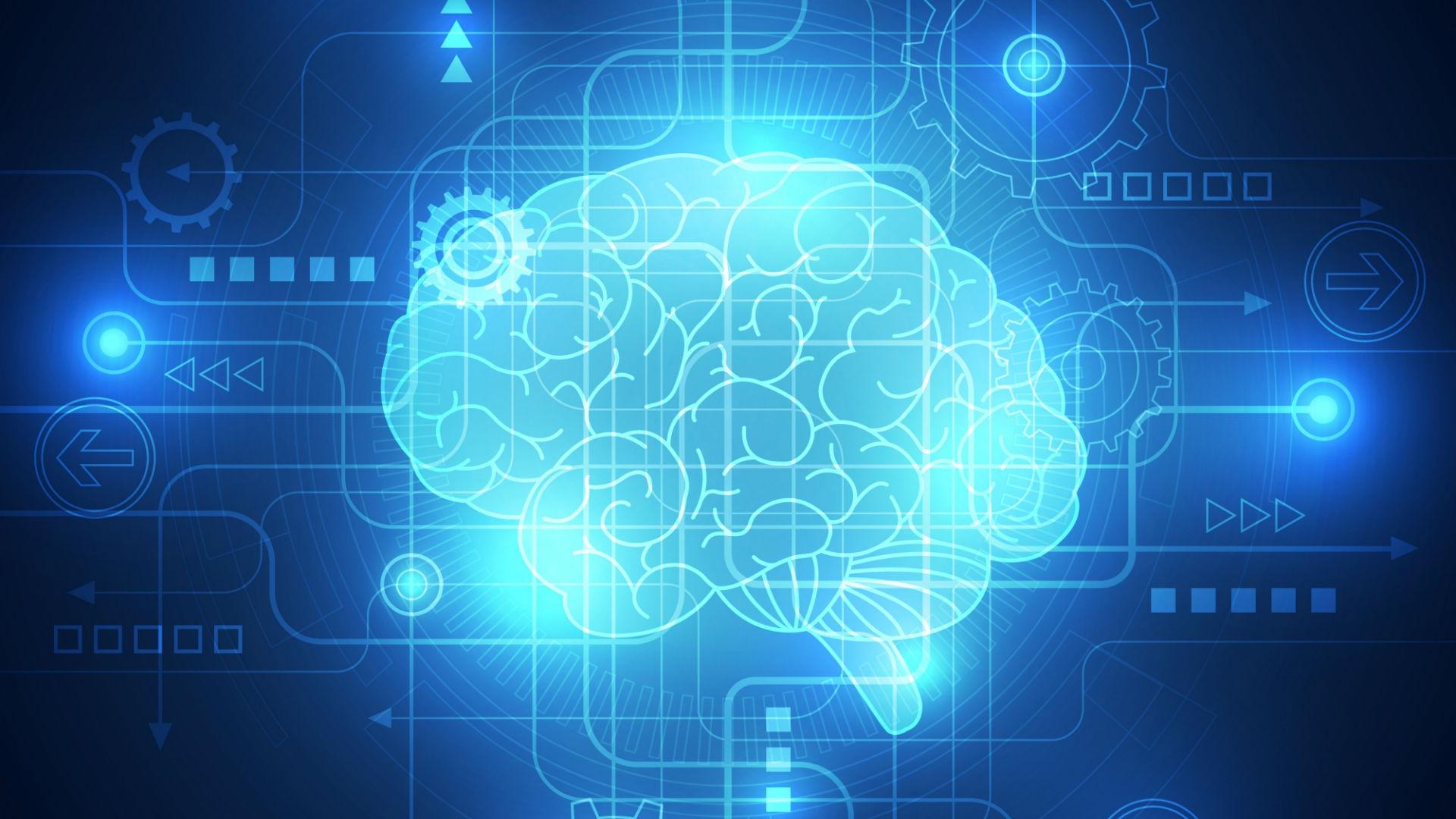The Rise of AI: Shaping the Future of Tomorrow
The Rise of AI: Shaping the Future of Tomorrow
Blog Article

Artificial intelligence (AI) has become one of the most transformative technologies of our time, shaping the landscape of the future in ways that were once unimaginable. With its unprecedented ability to simulate human intelligence and learn from data, AI is revolutionizing industries, driving innovation, and changing the way we interact with technology on a daily basis.
From self-driving cars to virtual assistants, AI applications continue to expand and evolve, demonstrating capabilities that were previously confined to the realm of science fiction. As we navigate this era of rapid technological advancement, the influence of AI is evident in our homes, workplaces, and even our social interactions. As AI continues to mature and integrate into various aspects of society, the possibilities for its impact are boundless.
Artificial Intelligence Search Engine
History of AI
AI has a rich history that dates back to the mid-20th century, when the term was first coined. Early pioneers laid the foundation for AI by conceptualizing machines that could mimic human intelligence. Over the decades, significant progress was made in developing algorithms and computing technologies to support AI research.
In the 1950s and 1960s, researchers like Alan Turing and John McCarthy made groundbreaking contributions to the field of AI. Turing proposed the famous "Turing Test" to evaluate a machine's ability to exhibit intelligent behavior, while McCarthy is credited with coining the term "artificial intelligence." These early endeavors paved the way for the formalization of AI as a distinct area of research.
The 21st century has witnessed remarkable advancements in AI, with breakthroughs in machine learning, neural networks, and deep learning algorithms. As computing power continues to increase, AI technologies are being integrated into various industries, revolutionizing processes and enhancing human capabilities. The evolution of AI is a testament to human ingenuity and serves as a testament to the limitless possibilities of artificial intelligence.
Current Applications
Artificial intelligence is already making waves in various industries, revolutionizing the way tasks are accomplished. In healthcare, AI is being used to analyze medical images with incredible accuracy, aiding doctors in diagnosing conditions such as cancer at an early stage. This has significantly improved patient outcomes and reduced the chances of misdiagnosis.
The retail sector is also leveraging AI to enhance customer experiences. Through personalized recommendations based on individual preferences and past purchase history, businesses can increase customer satisfaction and drive sales. Chatbots powered by AI technology are being employed by companies to provide instant customer support, enhancing efficiency and ensuring round-the-clock assistance.
Moreover, in the financial industry, AI algorithms are being utilized to detect fraudulent activities in real time, safeguarding sensitive data and preventing financial losses. These intelligent systems can analyze vast amounts of data quickly, identifying patterns that may indicate fraudulent behavior and alerting authorities swiftly. This proactive approach has proven to be highly effective in combating financial crimes.
Future Impacts
As artificial intelligence continues to advance, its impact on diverse industries and everyday life becomes more pronounced. Industries such as healthcare, finance, and transportation are embracing AI to improve efficiency, accuracy, and innovation. The future promises enhanced medical diagnoses, personalized financial services, and autonomous vehicles revolutionizing transportation networks.
Moreover, AI's influence extends beyond specific sectors, reshaping the way tasks are performed and decisions are made. With the ability to process vast amounts of data at high speeds, AI systems offer valuable insights and enable predictive analytics, leading to more informed business strategies and personalized user experiences. The future landscape of work is expected to incorporate AI-driven automation, augmenting human capabilities and streamlining processes.
As society grapples with the ethical and social implications of AI integration, considerations around privacy, security, and bias come to the forefront. Striking a balance between technological advancement and ethical responsibility is crucial in shaping a future where AI positively impacts society. Collaboration among stakeholders, policymakers, and technologists will be essential in navigating the evolving role of AI in our lives.
Report this page